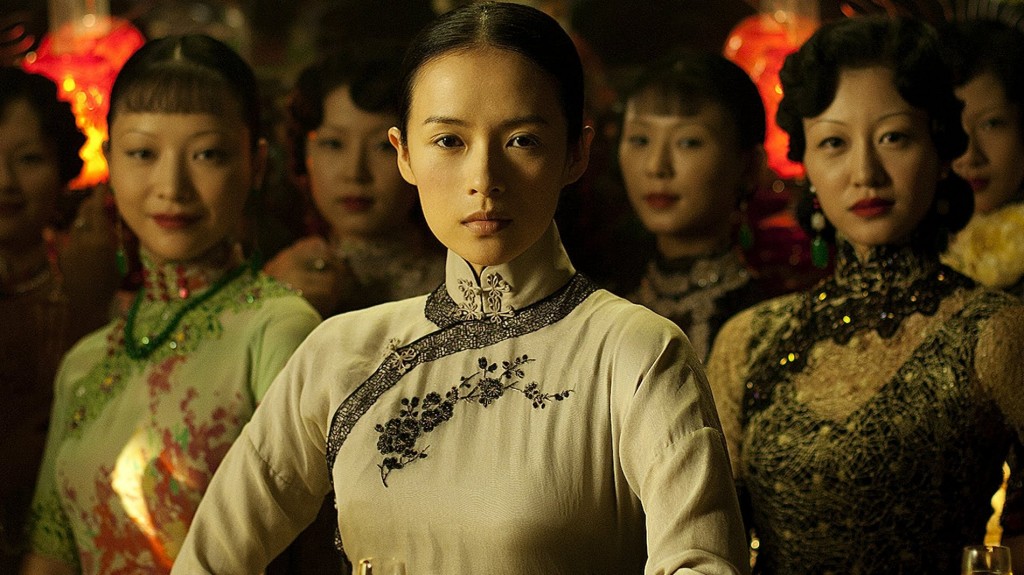Director, Wong Kar-wai, brings to life the story of Ip Man, the martial arts master, in this visually stunning film.
Director: Wong Kar-wai
Starring: Tony Leung, Ziyi Yeung, Chang Chen, Cung Le
Rating: 15
Running Time: 130 mins
This stunning masterpiece, by the In The Mood For Love writer, tells the story of the martial arts genius, Ip Man, who is renowned for teaching the infamous Bruce Lee.
Starting in the 1930’s, we follow Ip Man (played by Tony Leung) as he makes his way up to the Grand Master in kung-fu.
As all martial arts movies, they wouldn’t exist without the fast-paced and exciting fight scenes and The Grandmaster does not fail to do so. The first fight scene reinforces the fast-paced movements and the overly dramatic punches that martial arts films are renowned for doing and this element is kept throughout the entirety of the film.
The film uses slow motion during the multiple fight scenes to build tension through slowing down feet movements, rain and props which reinforces the talent Wong Kar-wai has as a director.
The film begins with intertitles that gives the audience a look into the martial arts history and background. They are frequently used throughout the film as a device that allows the audience to gain a better understanding of what is happening and gives more information on each character and when a new essential character is brought onto the screen, Wong Kar-wai uses intertitles showing their name giving the audience a better understanding of each character.
As the film draws to an end, the scenes became more and more emotional and moving and with the added use of intertitles, the audience are able to know just what happened to each of the two main characters. Throughout the film there are frequent voice over narrations from Ip Man which allows the audience to gain more information on the character including his wife and family.
Music plays a vital role in the film and is utilised as a way to increase tension throughout the film through the drum beats coincide with the fast-paced editing.
The music also plays a vital role in showing the relationships between the characters on the screen, with soft piano based music as the motif for love and romance and fast drum motives for the fight scenes.
As the story progresses, it makes you believe that the film is another martial arts movie however, when an out of the blue explosions thrusts you into the Japanese invasion in China the story takes a different tone and becomes much more moving and serious.
We usually think of martial arts films to be set in the ancient China era and it is rare to see a film that uses similar themes to be set in contemporary times and that focuses on modern issues including Opium addictions.
When viewing the film, it became clear that the film was set in two parts, one that focuses on before the war and one that focuses after the war.
There are two central stories which run throughout – the story of Ip Man moving from his home town to the 1950’s Hong Kong and the second follows Gong Er (played by Ziyi Yeung), the love interest of Ip Man, who seeks to reclaim the 64 Hands that was taken from her father.
Both of these stories intertwine and the way they are shot and brought together shows just how talented Leung and Yeung are.
Their performances were truly outstanding. Yeung is known for playing the rebellious, tough female lead as in her previous film catalogue of Crouching Tiger, Hidden Dragon and this films shows how well she can take on that role.
Leung, who has a filmography ranging from In The Mood For Love and Internal Affairs, is fantastic as the infamous martial arts expert and his talents at performing the action sequences and the more emotional scenes without slipping out of character is truly one to watch.
The film is based on real characters and events and is a true masterpiece but, then again, you wouldn’t expect anything less from Wong Kar-wai.
Verdict
Watch the trailer here:






























